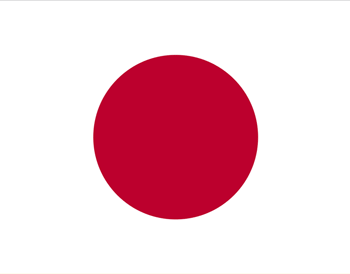Faculty of Arts
Arts Menu
-
- Master of Arts in Human Rights and Social Justice
- Bachelor of Arts
- Bachelor of Communication and Digital Journalism
- Bachelor of Interdisciplinary Studies
- Associate of Arts Degree
- Police and Justice Studies Diploma
- Emergency Communications Certificate
- Technical Theatre Certificate
- World Languages and Cultures Certificate
- Arts Cohort
-
- Communication and Visual Arts
- Environment, Culture and Society
- Literatures, Languages, and Performing Arts
- Philosophy, History and Politics
- Chair's Message
- History
- Degree Options
- Courses
- Student Success
- Awards and Scholarships
- Handbook for History Students
- Introduction - Handbook
- Why Study History?
- Varieties of History
- Historian's Work
- Pros, Amateurs and others
- Careers
- Libraries and Research
- Taking Notes
- Formulating a Topic
- Compiling a Bibliography
- Primary Sources
- Secondary Sources
- Need for Recent Sources
- Where to Start
- Note-taking
- Shape of the Essay
- Style of the Essay
- Checking the Essay
- Documentation
- Bibliographies and Footnotes
- Plagiarism
- Writing Essay Examinations
- Title Pages and Formatting
- Citation Generators
- Examples
- Citation Formatting
- History Links
- Philosophy
- Politics
- Our Faculty
- Contact Us
- Psychology
Section Menu
-
- Master of Arts in Human Rights and Social Justice
- Bachelor of Arts
- Bachelor of Communication and Digital Journalism
- Bachelor of Interdisciplinary Studies
- Associate of Arts Degree
- Police and Justice Studies Diploma
- Emergency Communications Certificate
- Technical Theatre Certificate
- World Languages and Cultures Certificate
- Arts Cohort
-
- Communication and Visual Arts
- Environment, Culture and Society
- Literatures, Languages, and Performing Arts
- Philosophy, History and Politics
- Chair's Message
- History
- Degree Options
- Courses
- Student Success
- Awards and Scholarships
- Handbook for History Students
- Introduction - Handbook
- Why Study History?
- Varieties of History
- Historian's Work
- Pros, Amateurs and others
- Careers
- Libraries and Research
- Taking Notes
- Formulating a Topic
- Compiling a Bibliography
- Primary Sources
- Secondary Sources
- Need for Recent Sources
- Where to Start
- Note-taking
- Shape of the Essay
- Style of the Essay
- Checking the Essay
- Documentation
- Bibliographies and Footnotes
- Plagiarism
- Writing Essay Examinations
- Title Pages and Formatting
- Citation Generators
- Examples
- Citation Formatting
- History Links
- Philosophy
- Politics
- Our Faculty
- Contact Us
- Psychology
Japan Field School (MLAN 2700)
TRU Modern Languages offers a six-credit field school in Japan approximately every two years. Students spend two weeks in Japan improving and cultivating their language skills in an immersion environment.
This field course (MLAN 2700) offers upper-beginner/early intermediate Japanese learners the opportunity to improve their oral communication skills and gain cultural exposure by way of a two week field trip to Japan. The itinerary includes immersion-style language study in both Tokyo and Uji (Kamloops’ sister city), along with a home-stay experience, and excursions to iconic locations to deepen the student’s understanding of the Japanese culture.
In May 2017, the Modern Languages field school travelled to Japan for three weeks of Japanese immersion. Family home stays, daily classes and spectacular excursions added up to a life-altering experience.
Pre-requisites
Japanese 1110 and 1210 or equivalent, and permission of the instructor.
Costs and funding
Approximate cost: $4,500
This includes:
- Tuition
- Airfare
- Accommodation
- Most meals
- In-country transportation
- Passport and insurance
Some funding may be available.

Next Field School
TBD
Registration
Please check with Cara Cadre for registration procedures.
Contact
Cara Cadre
Japanese Lecturer

